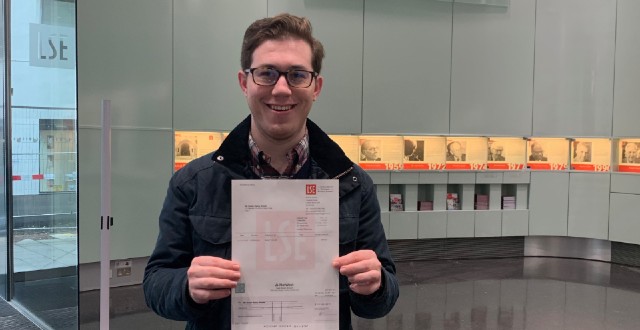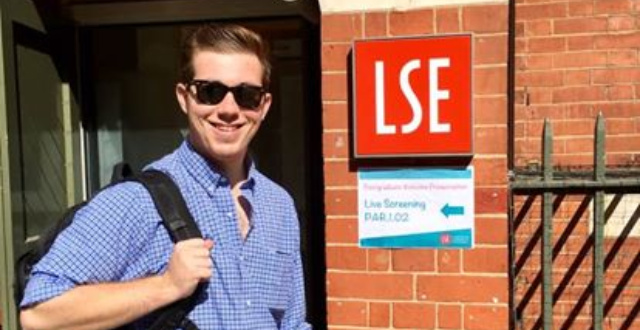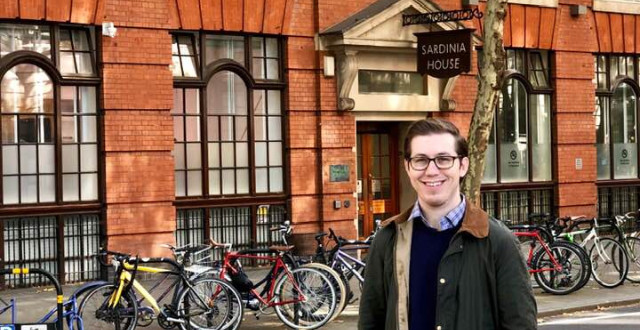For many types of doctoral dissertations, archival research is the bedrock of the PhD. It’s in the archives where graduate students and researchers gain the evidence that will allow them to craft their arguments and make their cases. It’s extremely valuable and important work, and it needs to be done painstakingly well.
Unfortunately, it’s been nearly impossible to do this type of research throughout the last roughly 15 months due to the COVID-19 pandemic. While some archives have re-opened in countries faring better currently against the coronavirus, most are still closed and are operating at extremely limited capacity. In a few places, the archives remained open, but it was still impossible to get to them because of travel restrictions or the general infeasibility of traveling during a global pandemic.
Yet when archives are back open and you’re able to do this work, there’s some important things to think about before you make those trips.
The first is plan ahead. Just like any trip you might take, it’s important to have detailed plans in place beforehand. Let’s say you want to go to a presidential library archive in the United States. The first thing to do is to reach out the archivists or librarians at that archive. Ask them about what it’s like to conduct research there and if you need to fill out any specific registration forms before arriving onsite. You don’t want to not be able to consult those documents before you didn’t plan ahead and find out these details. It’s also a good tip to ask the archivists for their advice on certain records to consult. Archivists are a researcher’s best friend: they are extremely helpful, knowledgeable, and friendly. They are there to assist and help guide you with your research. In other words, use this precious resource!
The next is to ask your community about a specific archive or set archives. It’s very likely someone you know or in your network will have been to the archives you’re planning to visit. And if that’s the case, they’re likely to know best practices, good places to stay near the archives (if you don’t know anyone who lives near them, which is often the case for archives in more rural locations), good places to eat, and how to make the most of your trip. You’ll definitely want to tap those precious veins of knowledge. It can make planning your trip and the trip itself so much better and smoother.
When you’re in the archive, have a plan. Archives are known to be overwhelming. There are so many documents and other vestiges of information it becomes easy to get distracted. You might discover something too and it can lead you down a rabbit hole you didn’t plan to go down. The rabbit holes are what make archives fun, but you should plan in advance for that to happen and try to budget your time accordingly. These trips are crucial for your research, and you want to get as many documents as you can. That means to plan your time wisely because these trips can be expensive and it can be difficult to go on them again depending on your access to funds. In other words, make the most of your limited time and get everything you absolutely need. This is where the archivists can help you to maximize your time. If the pandemic has taught us anything, it’s that life can easily get upended. Don’t let that happen to your research if you can help it!





